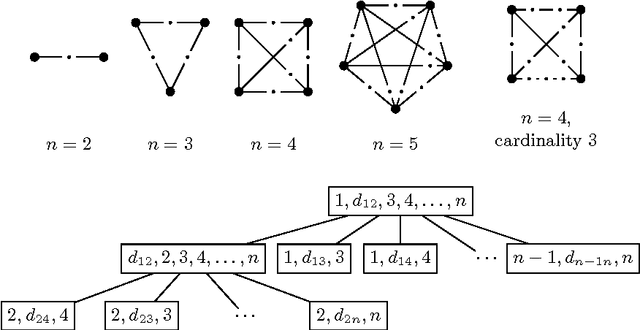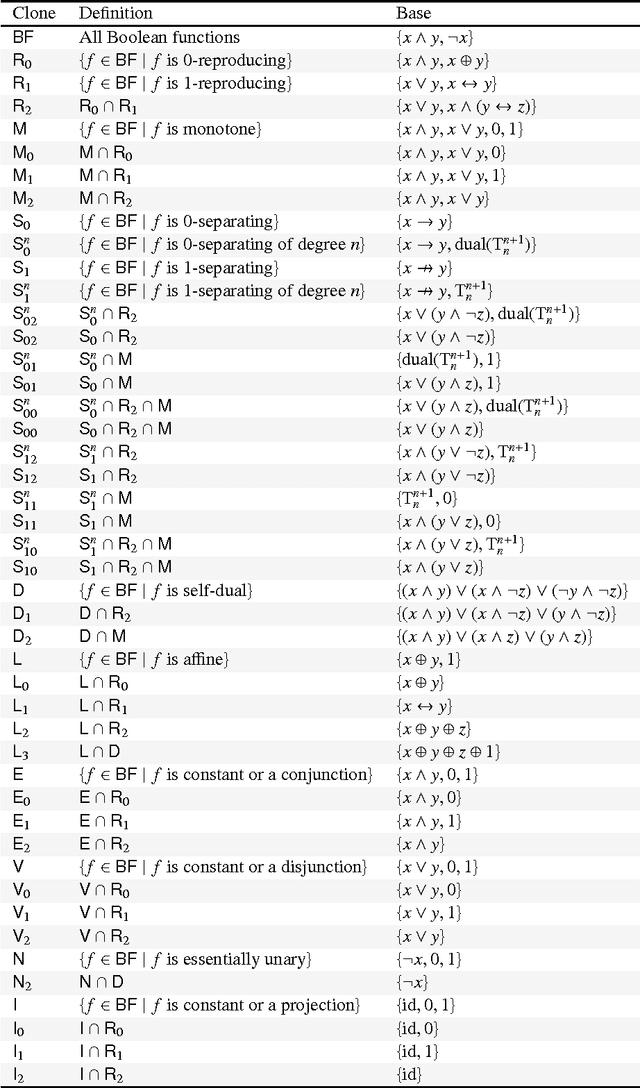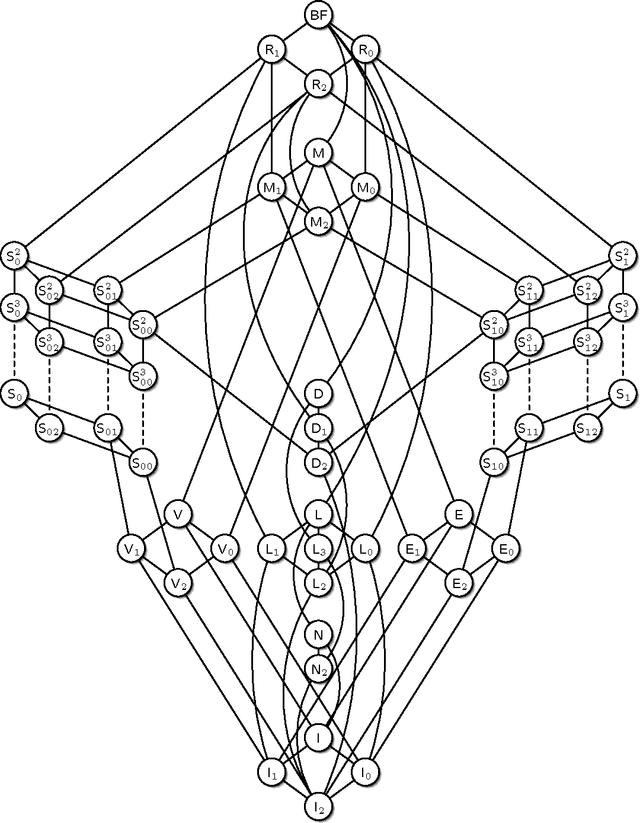Michael Thomas
On the Parameterized Complexity of Default Logic and Autoepistemic Logic
Oct 06, 2011
Abstract:We investigate the application of Courcelle's Theorem and the logspace version of Elberfeld etal. in the context of the implication problem for propositional sets of formulae, the extension existence problem for default logic, as well as the expansion existence problem for autoepistemic logic and obtain fixed-parameter time and space efficient algorithms for these problems. On the other hand, we exhibit, for each of the above problems, families of instances of a very simple structure that, for a wide range of different parameterizations, do not have efficient fixed-parameter algorithms (even in the sense of the large class XPnu), unless P=NP.
Complexity of Non-Monotonic Logics
Sep 10, 2010

Abstract:Over the past few decades, non-monotonic reasoning has developed to be one of the most important topics in computational logic and artificial intelligence. Different ways to introduce non-monotonic aspects to classical logic have been considered, e.g., extension with default rules, extension with modal belief operators, or modification of the semantics. In this survey we consider a logical formalism from each of the above possibilities, namely Reiter's default logic, Moore's autoepistemic logic and McCarthy's circumscription. Additionally, we consider abduction, where one is not interested in inferences from a given knowledge base but in computing possible explanations for an observation with respect to a given knowledge base. Complexity results for different reasoning tasks for propositional variants of these logics have been studied already in the nineties. In recent years, however, a renewed interest in complexity issues can be observed. One current focal approach is to consider parameterized problems and identify reasonable parameters that allow for FPT algorithms. In another approach, the emphasis lies on identifying fragments, i.e., restriction of the logical language, that allow more efficient algorithms for the most important reasoning tasks. In this survey we focus on this second aspect. We describe complexity results for fragments of logical languages obtained by either restricting the allowed set of operators (e.g., forbidding negations one might consider only monotone formulae) or by considering only formulae in conjunctive normal form but with generalized clause types. The algorithmic problems we consider are suitable variants of satisfiability and implication in each of the logics, but also counting problems, where one is not only interested in the existence of certain objects (e.g., models of a formula) but asks for their number.
Complexity of Propositional Abduction for Restricted Sets of Boolean Functions
Jun 28, 2010

Abstract:Abduction is a fundamental and important form of non-monotonic reasoning. Given a knowledge base explaining how the world behaves it aims at finding an explanation for some observed manifestation. In this paper we focus on propositional abduction, where the knowledge base and the manifestation are represented by propositional formulae. The problem of deciding whether there exists an explanation has been shown to be SigmaP2-complete in general. We consider variants obtained by restricting the allowed connectives in the formulae to certain sets of Boolean functions. We give a complete classification of the complexity for all considerable sets of Boolean functions. In this way, we identify easier cases, namely NP-complete and polynomial cases; and we highlight sources of intractability. Further, we address the problem of counting the explanations and draw a complete picture for the counting complexity.
 Add to Chrome
Add to Chrome Add to Firefox
Add to Firefox Add to Edge
Add to Edge